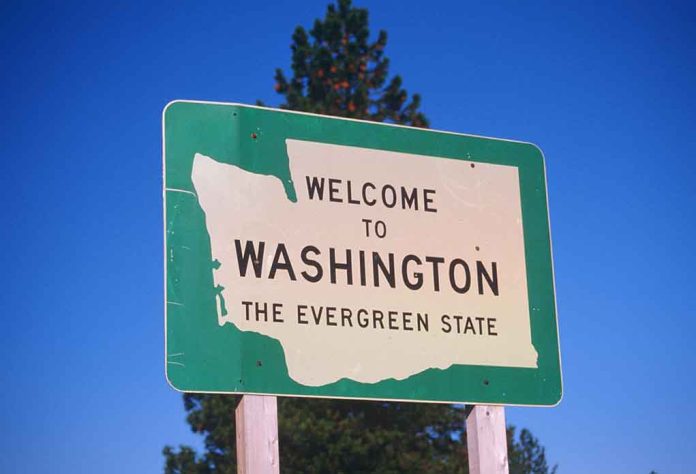
Apprehension of a terror suspect at the U.S.-Canada border raises alarms over national security, shifting attention from the typically spotlighted southern border.
At a Glance
- The U.S.-Canada border, previously overshadowed, emerges as a national security threat.
- Arrest in Lynden, Washington, highlights an unsettling trend of terror suspect interceptions.
- Security measures require intensification to address the growing problem.
- Political figures engaged in a diplomatic dialogue over border issues, emphasizing cooperation.
Rising Concern at the Northern Border
The recent arrest of Mohammed Hasan Abdellatif Albana in Lynden, Washington, for suspected terrorist activities, underscores the need for greater vigilance at the U.S.-Canada border. Despite a common focus on the southern frontier, a significant number of terror suspects have been intercepted in the north. This incident brings to light security vulnerabilities requiring immediate attention and collaboration between the United States and Canada.
Statistics reveal that in recent years, more terror suspects have been captured at the Canadian border compared to the Mexican one. While President-elect Donald Trump has often emphasized southern border security, this arrest strengthens the argument for equitable measures across both borders. This context sets the stage for vital cooperation required between both nations to ensure safety.
🇨🇦Canada yielding 87 per cent of all terror suspects stopped at U.S. border crossings.
🚨Of the 410 terror suspects stopped at a U.S. land border crossing in the past year, 87 per cent came from Canada, according to data from U.S. Customs and Border Protection (@USCustomsandBo1)… https://t.co/YTA3JBFh9u pic.twitter.com/KqLHdGGZEM— FactsMatter (@AllFactsNoHate) November 29, 2024
Political Strategies and Security Measures
Washington’s response involves calls for increased personnel and resources. Tom Homan, Trump’s border czar, stressed the need for additional Border Patrol agents along with cooperation from Canadian officials. “The problem with the northern border is a huge national security issue,” Homan stated, reflecting urgency to tackle these border challenges.
At a diplomatic level, President-elect Trump discussed border security with Prime Minister Justin Trudeau at Mar-a-Lago. Their talks focused on other issues, like fentanyl, hinting at the necessity for a broader scope of topics such as the alarming rise in suspected terrorists. Yet, Canada insists on not being conflated with southern neighbors concerning drug and migrant flows.
Prior to being arrested at the Canada-U.S. border, those 321 terror watchlist suspects were living in Canada.
Something to think about.#Cdnpoli pic.twitter.com/5sXIP9L7jU
— David Jacobs (@DrJacobsRad) November 27, 2024
Future Border Security Imperatives
Canadian Public Safety Minister Dominic LeBlanc acknowledged the need for “additional investments” at the border. Despite this, Canada’s ambassador to the U.S. argues against being unfairly lumped with Mexico regarding these concerns. As the dialogue between nations unfolds, emphasizing collaborative security efforts remains essential to prevent existential threats from crossing into American soil.
As border security dialogues progress, both nations must employ more robust immigration enforcement and collaborative measures to mitigate these looming threats. The arrest not only demands heightened security protocols but also underscores the intertwined security interests both countries must uphold.
Sources:
Terror Suspect Caught at the Northern Border Indicative of a Bigger Problem














